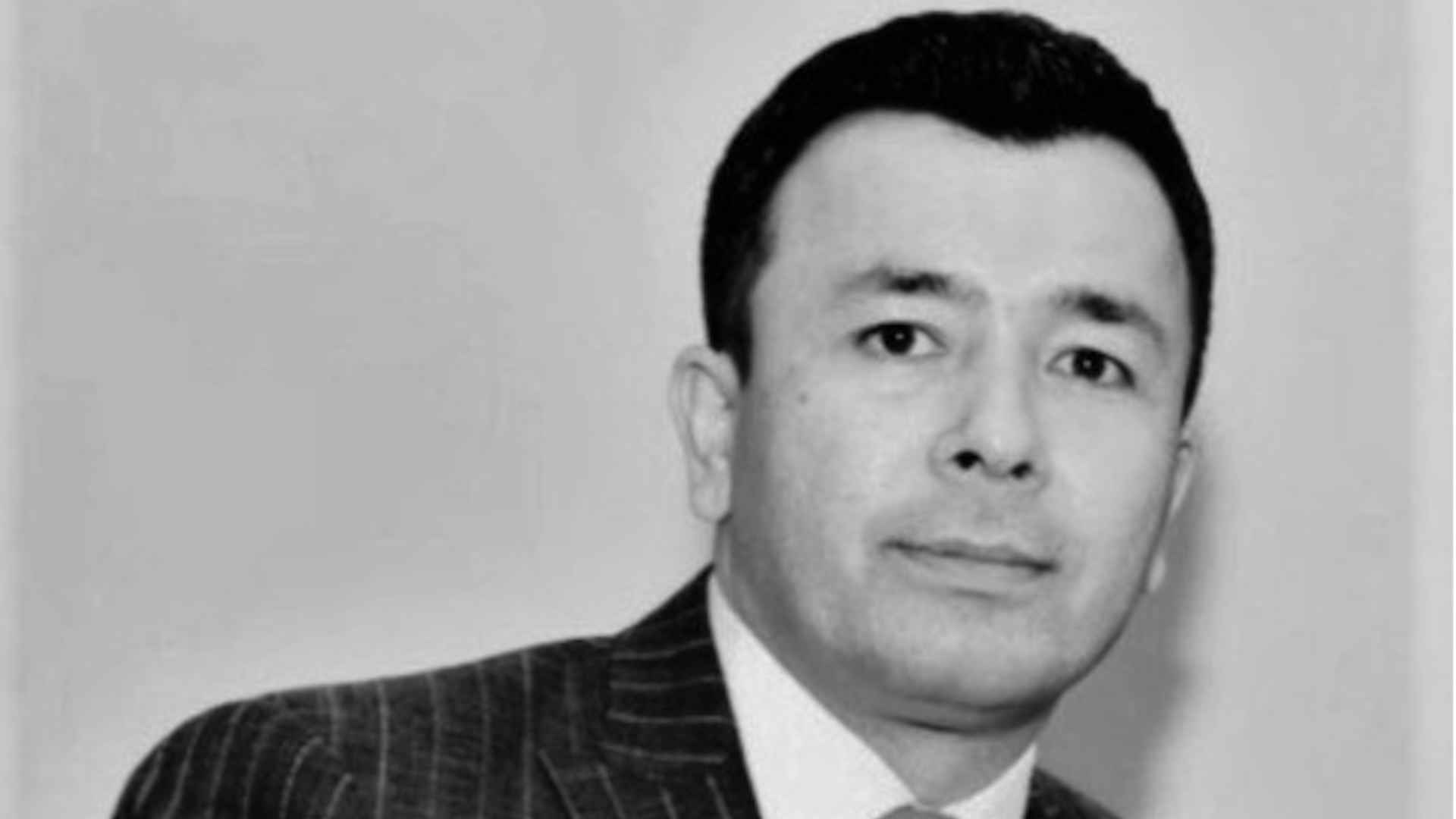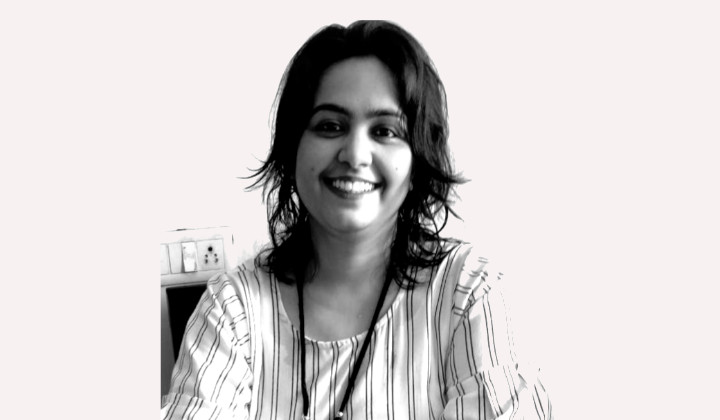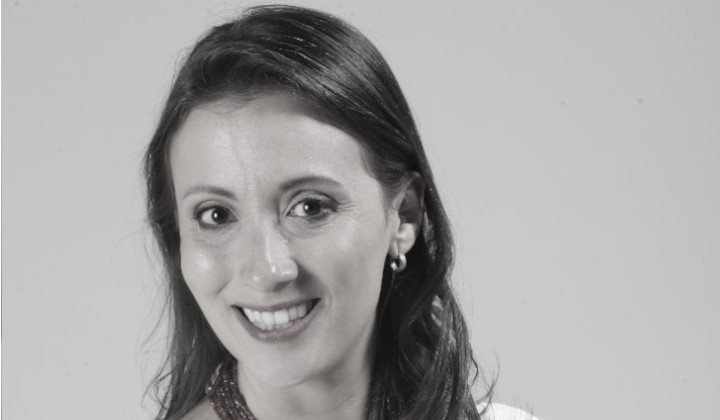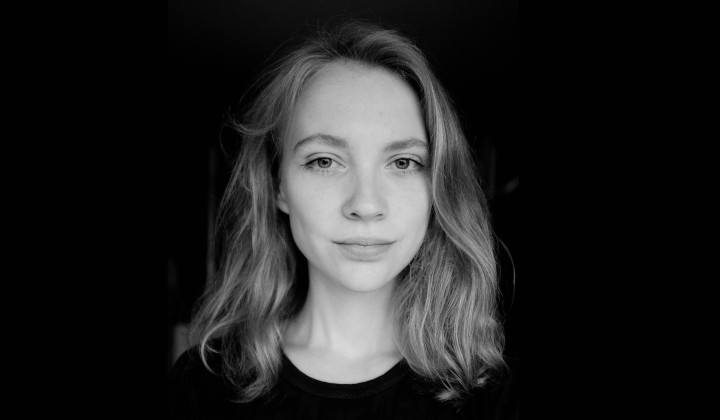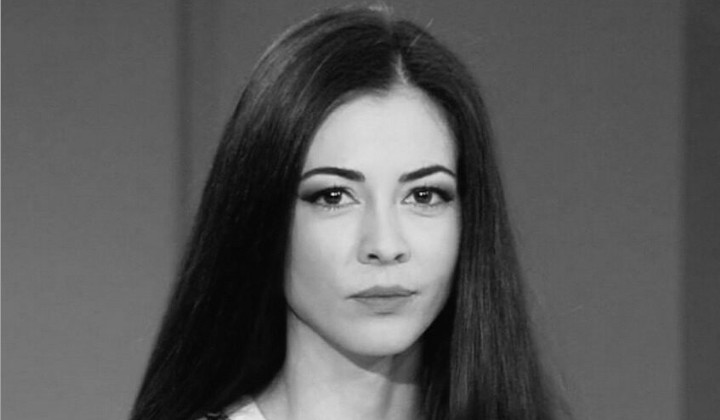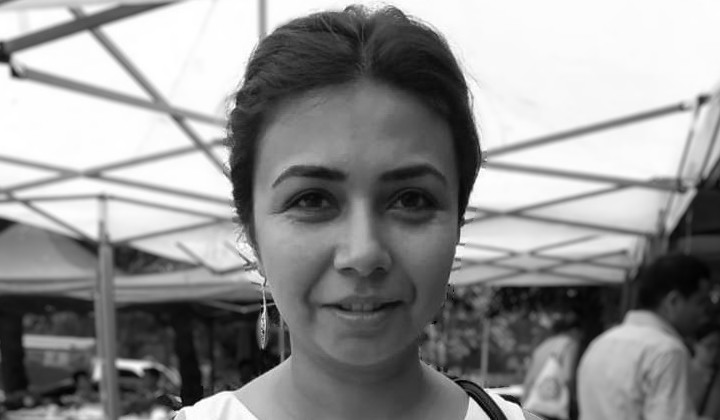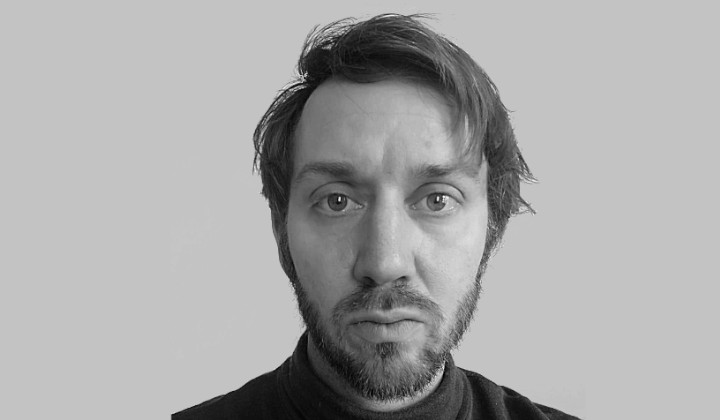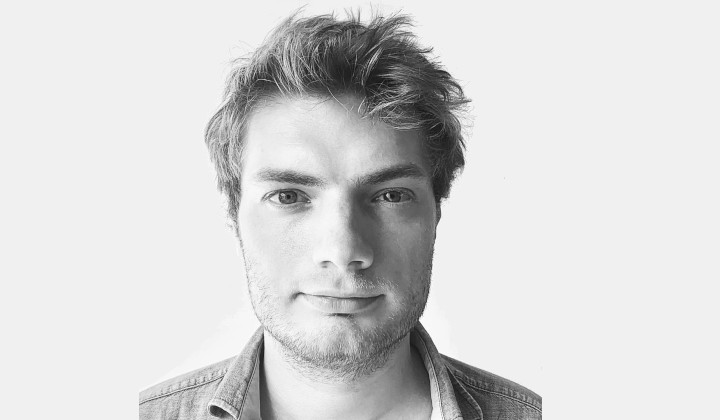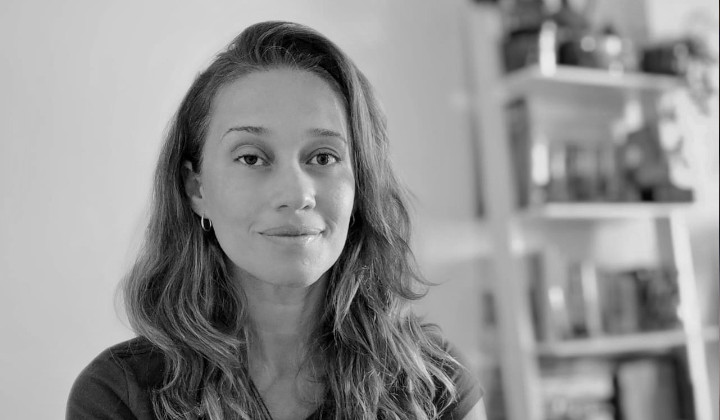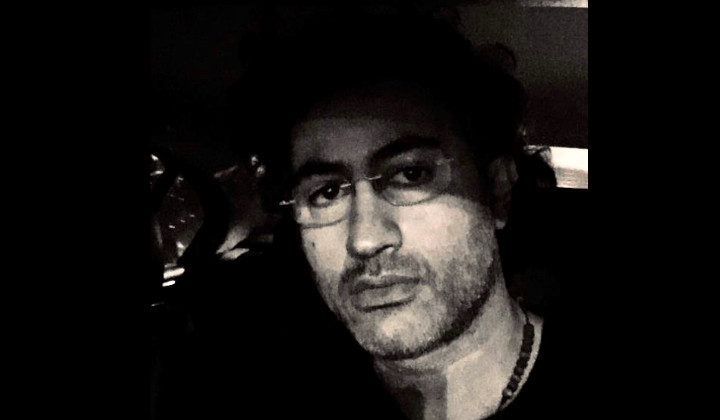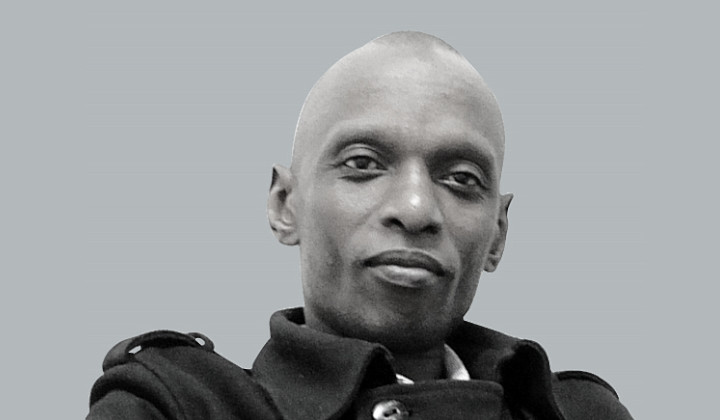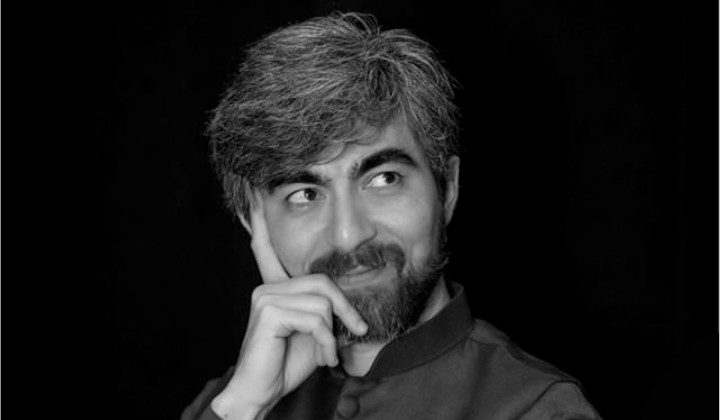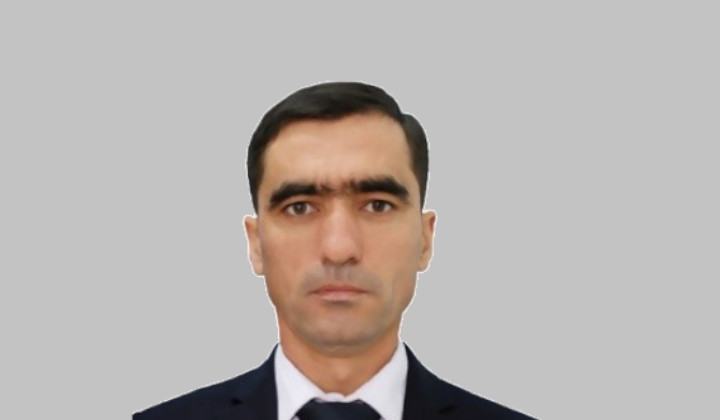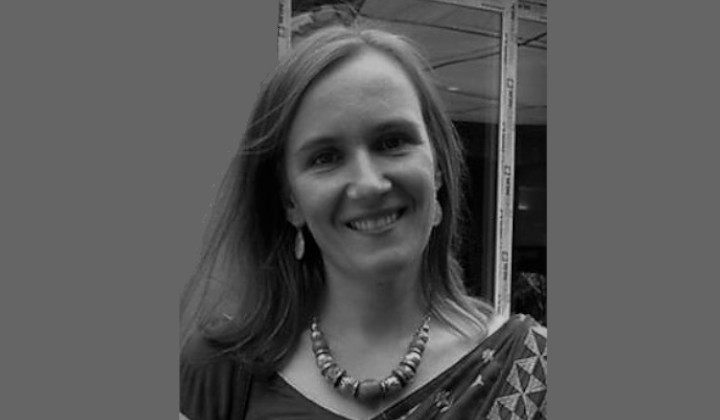Balancing journalism and activism
Budapest-based Daniel Mayer supports foreign teams of journalist as well as being an activist.
written by
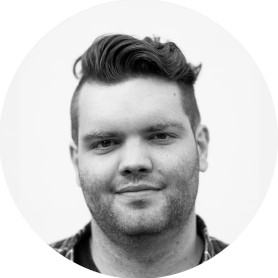
Nils Gundel
Figuring out whether to correctly call someone a journalist can be a challenge. If a person who organizes meetings between journalists and helps people who do journalism work can call himself a journalist, then he is one. But Daniel Mayer, a 32-year-old Hungarian, said he would rather call himself a fixer, field producer and interpreter.
“It was never my intention becoming a journalist, nor would I see myself being one,” Mayer said in fluent German with a slight Austrian accent. His job is adding his knowledge of Hungary, its people and the language in support of the work of German speaking media teams. It is an important job but still only one of the four pillars Mayer relies on. He is also a guide for “Contemporary Politics in Hungary,” a producer of a free theater troupe as well as being a member and activist of the cultural center Aurora in Budapest.
Born on April 25, 1988, in Budapest, Mayer is the only child of Gregor Mayer, an Austrian who later became a correspondent for the German news agency dpa, and Maria Mayer-Szilagyi, a Hungarian. From 2006 until 2014, he studied at the Eötvös Loránd University in Budapest, first doing his bachelor’s degree in social science, following up with his master’s degree in community and social development studies. For Mayer, his studies always came in second.
“I never really wanted to be a scientist, neither practical nor theoretical. I used my time at university getting in touch with different people and scientists and having access to a lot of different books,” Mayer said. Outside of university, he became politically active in the late 2000s.
Political activism as an obstacle
Activism of any kind can be a hindrance for working in the field of journalism in Hungary.
“I’m legally ordered to stay away from the bureau of governments spokesman Zoltán Kovács, due to being listed as a political activist years ago,” Mayer said. That has been a problem for Mayer when he works a fixer, field producer and interpreter hired by German-speaking media.
“I can send mails to the bureau, and I’ll get my answers, so that is working. But if my team is going to the bureau for an interview with Kovács, I have to wait outside on the street, “ Mayer said.
Even Mayer’s guided tours in Budapest and his engagement for the culture center Aurora can be seen as activism. “This is way less problematic for me being able to do my journalistic work, than me being declared a political activist,” Mayer said.
Between 2007 and 2009 Mayer was a political activist and employee of the liberal party, the Alliance of Free Democrats, known as the SZDSZ. The liberals were shaken by corruption affairs like the other big post-communist party, the conservative Hungarian Democratic Forum. In the 2009 European Parliament election, the SZDSZ only got 2.16 percent of the vote - well below the needed 5 percent. Even the newly founded Hungarian Green Party instantly got 2.61 percent of the votes with similar political ideas.
“That was a clear sign that the time for the SZDSZ was over. The messages and ideas of the party still were viable, but the name, the colors, the persons associated with her were all seen negative,” Mayer said. While the party got dissolved in 2013, he ended his political work for the party in 2009. In 2010 he started working as a fixer.
Eastern Europe is of situational interest
This correlated with another political change in Hungary. In 2010 Victor Orbán became prime minister with his national-conservative Fidesz party getting more than 53 percent of the votes in the national election. Shortly after the election, reports of Orbán limiting human rights as well as his new media law bringing public broadcast more in government line became known internationally. Mostly ignoring Hungary in their publications since the Balkan war, this prompted a problem for international media and a chance for Mayer. With many media companies having no employees in Hungary, they needed locals to help them. Mayer’s father Gregor, being a dpa correspondent in this region since the early 1990s, was asked by colleagues if he knew anybody who could help as fixer and interpreter. He knew at least one - his son Daniel.
Today Mayer has his own network of people with whom he works when international media need help in Hungary. They include journalists with outlets such as Süddeutsche Zeitung and Spiegel. He also works with people in radio and television such as Bayerischer Rundfunk and the ZDF. The height of the refugee crisis in 2015 was a time of great interest in Hungary. Also, there was lots of international interest in Hungary in March 2020.
“Back then, Orbán declared the new emergency law allowing him to reign by decree. That was two weeks with a lot of work. But speaking more general there is not that much to do currently, due to COVID-19,” Mayer said. “No theatre, no guided tours, nothing. I’m getting bored.”
Mayer’s hope is that once the corona virus pandemic calms down and things get more normal, there once again will be more work to do for him – cultural, social or journalistic.



